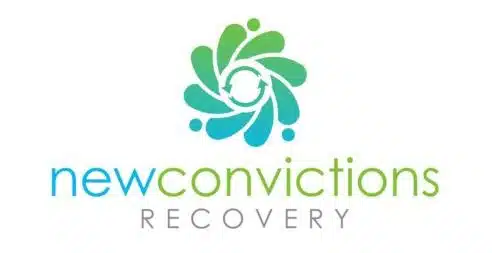Gaming, as a burgeoning industry and form of entertainment, has created wonders. Nevertheless, its dark side, gaming addiction, raises significant issues. Beyond individual health detriment, it also affects society’s financial aspects. It’s crucial to understand the economic effects of gaming addiction and how investing in individual counseling and family therapy can mitigate these impacts.
The Economic Burden of Gaming Addiction
Modern technology has given rise to a new form of addiction: gaming addiction. This has become a global issue posing serious economic implications. It emanates not just from spending over one’s capacity on gaming merchandise but also from the cost of dealing with this addiction’s health consequences.
Direct Costs of Gaming Addiction
- Excessive Spending on Games: Hardcore gamers often spend hundreds, if not thousands, of dollars on games, gear, and in-game purchases. These lavish gaming expenses can lead to financial hardship.
- Decreased Productivity: Gaming addiction often results in a lack of focus on crucial activities like work or school, leading to decreased productivity. This can result in income loss or job loss, posing a heavy blow to one’s financial stability.
Indirect Costs of Gaming Addiction
- Healthcare Expenses: Gaming addiction can lead to both physical and mental health problems. These may include vision problems, obesity, depression, and anxiety, and can incur substantial medical expenses for treatment.
- Social Costs: This addiction can also result in adverse social consequences. Limited social interaction and impaired relationships can affect one’s emotional well-being, thus indirectly affecting economic productivity.
Investing in Individual Counseling and Family Therapy
Investing in therapy can be a valuable initiative to counter the economic effects of this addiction. Health professionals can help addicts control their actions and facilitate healthier habits.
Benefits of Individual Counseling
Individual counseling can help gaming addicts recognize their problem, understand the root cause, and devise strategies to manage the addiction. Therefore, attending regular counseling sessions can result in overall improved productivity and reduced healthcare costs.
The Role of Family Therapy
Family therapy can be equally effective in dealing with gaming addiction. It can help family members understand the problem and learn how to support the individual better. A supportive environment can exponentially increase the likelihood of overcoming the addiction, thereby reducing the associated economic burden.
Conclusion
In recognizing the economic implications of gaming addiction, it’s clear that combating this problem is also a financially viable journey. By investing in individual counseling and family therapy, the costs associated with gaming addiction can be significantly reduced. These therapeutic interventions represent hope, not only for the addicts and their families but for the broader economic landscape affected by this global issue.

